GREAT PLAINS LANDBACK LEADERSHIP SUMMIT
Advancing Tribal Sovereignty through LandBack Leadership
April 21, 2025
University of Kansas Burge Union Forum C/D
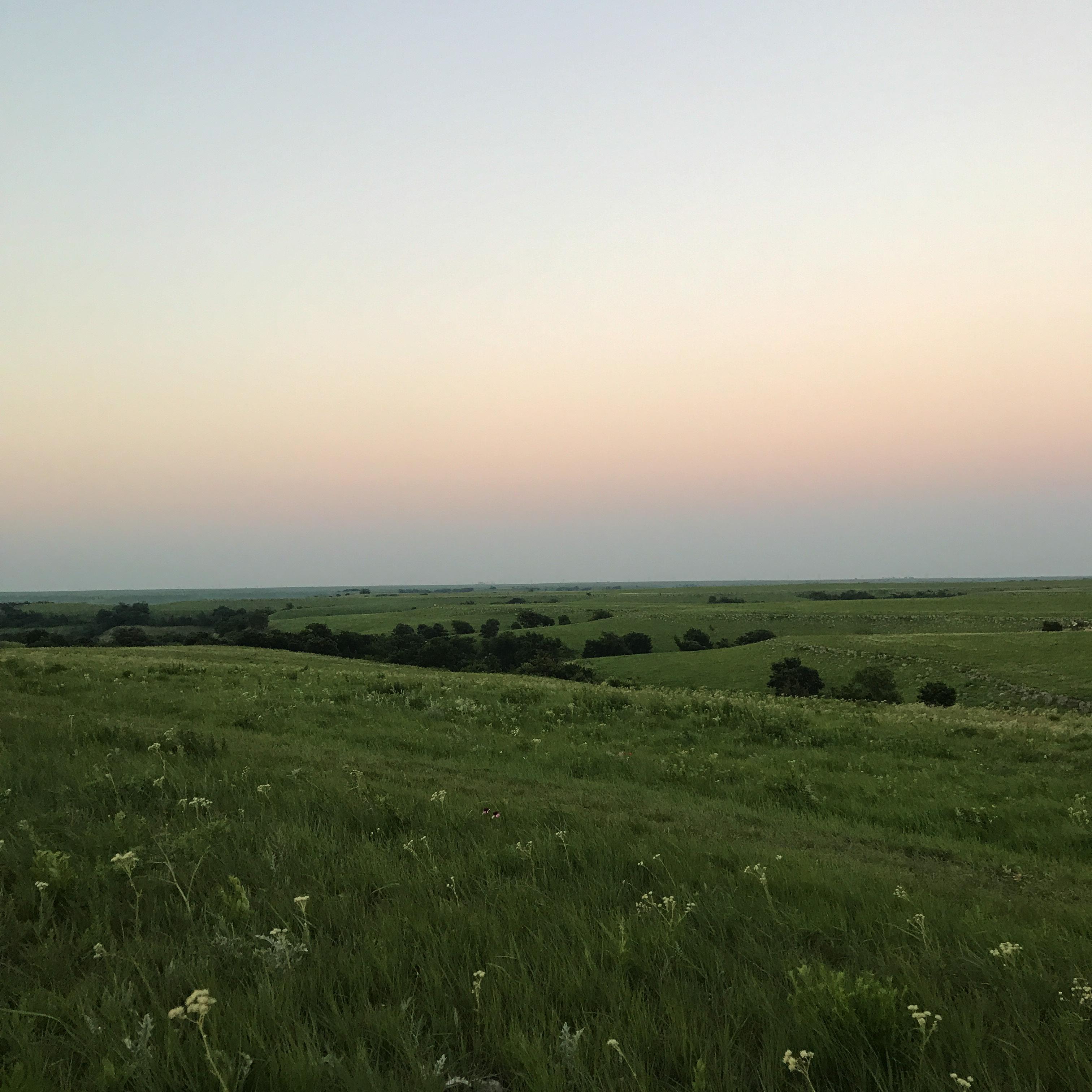
8:30am BREAKFAST
9:00am OPENING REMARKS
Jim Pepper Henry (Kaw Nation)
Alex Red Corn (Osage Nation), Associate Vice Chancellor, Office of Sovereign Partnerships and Indigenous Initiatives, Director and Associate Professor, Indigenous Studies Program, University of Kansas
9:15am PANEL
Beyond Land Acknowledgements: An Overview of #Landback in the U.S.
Melissa Peterson (Diné), Director, Hawk Link; Co-Executive Director, MSP
Scholars Program, University of Kansas
Sarah Deer (Muscogee Creek Nation of Oklahoma), University Distinguished Professor of Indigenous Studies and Women, Gender, and Sexuality Studies, University of Kansas
Ward Lyles, Associate Professor of Urban Planning and Indigenous Studies, University of Kansas
McKalee Steen (Cherokee Nation of Oklahoma), PhD Candidate, University of California - Berkeley
Shanasia Sylman, PhD Student, Cornell University
10:00am KEYNOTE
LandBack Leadership: An Overview
Cris Stainbrook (Oglala Lakota), Indian Land Capital Company
11:00am PANEL
LandBack: Tribal Representatives
Jim Pepper Henry, Former Vice Chair, Kaw Nation
Raphael Wahwassuck, Councilman, Prairie Band Potawatomi Nation
Brad KillsCrow, Chief, Delaware Tribe of Indians
11:50am PRESENTATION
Reclaiming Sugarloaf Mound
Andrea Hunter (Osage), Director and Tribal Historic Preservation Officer, Osage Nation
Sarah O’Donnell, NAGPRA Coordinator, Osage Nation Historic Preservation

(Standing Rock), Project Director, GIS Program, Haskell Indian Nations University
Melinda Adams (N'dee San Carlos Apache), Assistant Professor, Geography & Atmospheric Science, Indigenous Studies, University of Kansas
Brett Ramey (Iowa Tribe of Kansas and Nebraska), Climate Resilience Planner, Iowa Tribe of Kansas and Nebraska)
3:00pm KEYNOTE
LandBack Leadership: Legal and Fiscal Considerations
Cris Stainbrook (Oglala Lakota), Indian Land Capital Company
4:00pm PANEL
Next Steps: Tribal Representatives
Jim Pepper Henry, Former Vice Chair, Kaw Nation
Raphael Wahwassuck, Councilman, Prairie Band Potawatomi Nation
Brad KillsCrow, Chief, Delaware Tribe of Indians
4:45pm CLOSING REMARKS
Summit Sponsors: KU Office of Sovereign Partnerships and Indigenous Initiatives, KU Indigenous Studies Program, The Commons at KU, KU School of Social Welfare, KU School of Education and Human Sciences, KU Biological Survey and Ecological Research Center, KU Field Station, KU Institute for Policy and Social Research

Stainbrook was a founding member of Native Americans in Philanthropy and served on the board of directors for 11 years. He was also a founder and longtime advisory committee member of the Two Feathers Endowment of The Saint Paul Foundation. He recently served on the board of the US Endowment for Forestry and Communities Stainbrook holds a bachelor of science from the University of Iowa and a master’s degree in fisheries science from Oregon State University.
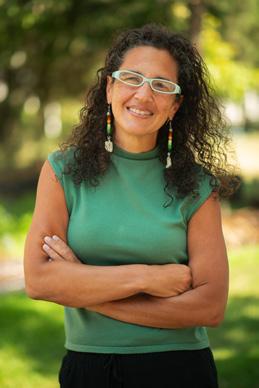
Megan Bang (Ojibwe and Italian descent) is the James E. Johnson Professor of the Learning Sciences at Northwestern University and the Director of the Center for Native American and Indigenous Research. Dr. Bang studies knowledge organization, reasoning, and decision-making about complex socio-ecological systems and their intersections with identity, culture, history, power, and ultimately wellbeing. In her work these issues are central to the challenges of the 21st century, such as climate change, adaptation, and sustainability, as well as political, social and civic relations. She utilizes this foundational work towards improving education prek-16 in formal and informal learning environments, educational leadership and policy. The center of her work is focused on regenerating Indigenous systems of education and community wellbeing. Dr. Bang is a member of the National Academies of Education, American Academy of Arts & Science, the Board of Science Education at the National Academy of Sciences, and the Board of Environmental Research and Education at the National Science Foundation.


Distinguished Professor at the University of Kansas. A lawyer by training but an advocate in practice, Deer’s scholarship focuses on the intersection of federal Indian law and victims' rights, using indigenous feminist principles as a framework. Her work to end violence against Native women has received national awards from the American Bar Association and the Department of Justice. She has testified before Congress on four occasions regarding violence against Native women and was appointed by Attorney General Eric Holder to chair a federal advisory committee on sexual violence in Indian country. Professor Deer was named a MacArthur Foundation Fellow in 2014. In 2019, she was inducted into the National Women’s Hall of Fame. She currently teaches at the University of Kansas (her alma mater), where she holds a joint appointment in Women, Gender, and Sexuality Studies and the School of Public Affairs and Administration. Professor Deer is also the Chief Justice for the Prairie Island Indian Community Court of Appeals.
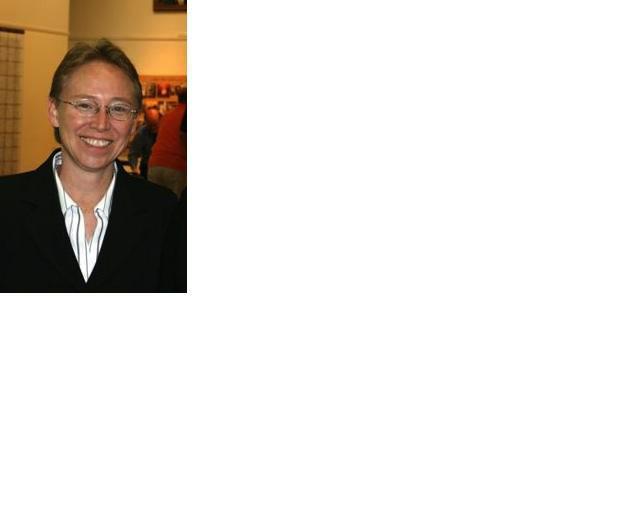
is an enrolled member of the Osage Nation from the Grayhorse District and an active participant in the In’ Lon Schka dances. Both of Dr. Hunter´s grandfathers, Joseph Cannon and Arthur A. Hunter were full-blood Osage. Hunter received a Bachelor of Arts in Anthropology from the University of Colorado-Boulder, and a Master of Arts and Doctor of Philosophy in Anthropology with a specialty in Archaeology from the University of Missouri-Columbia. Dr. Hunter was the first Native American in the United States to receive a Ph.D. in Anthropology with an expertise in Archaeology. After seventeen years as a professor in the Department of Anthropology and director of the North American Division of the Laboratory of Paleoethnobotany at Northern Arizona University, Dr. Hunter was honored to accept the position of Director and Tribal Historic Preservation Officer for the Osage Nation in 2007. Dr. Hunter also served as the vice-chair for 10 years and chair for 10 years of the Smithsonian Institution´s Native American Repatriation Review Committee and during the same period was appointed a Research Associate at the National Museum of Natural History, Washington, D.C.
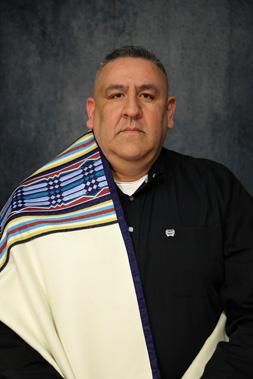

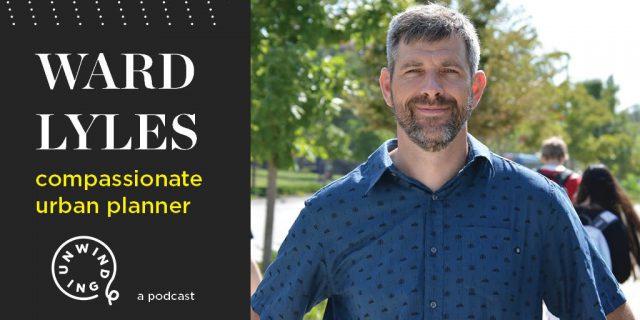
Ward Lyles centers his research and teaching on the intersection of people, the built environment, and the natural environment. He holds a Ph.D. from the Department of City and Regional Planning at the University of North Carolina at Chapel Hill, where he also worked as a post-doctoral research associate. Prior to obtaining his Ph.D., he lived in Madison, Wisconsin, where he worked at 1000 Friends of Wisconsin, a planning-oriented non-profit organization, co-founded Madison Magnet, a social capital-oriented non-profit organization, and was very engaged in the civic and political life of the city. Dr. Lyles is a member of the American Institute of Certified Planners (AICP).
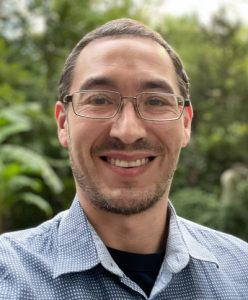
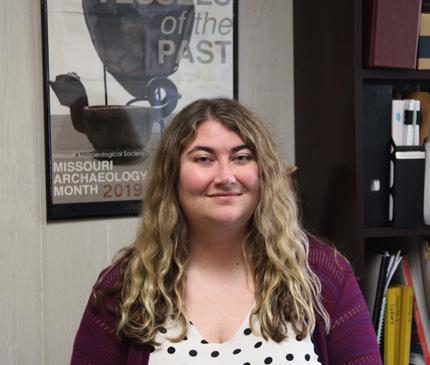
Josh Meisel (Standing Rock) is a Haskell Indian Nations University (HINU) alum with a Bachelor's Degree in Environmental Science. He then went on to earn an M.A and Ph. D. from the University of Kansas’s Geography & Atmospheric Science department. Dr. Meisel taught Geographic Information Systems (GIS) and remote sensing at Haskell for 11 years and is currently a Program Director at the Indian Land Tenure Foundation (ILTF).
Sarah O’Donnell is the NAGPRA Coordinator for the Osage Nation Historic Preservation Office, coordinating the NAGPRA (Native American Graves Protection and Repatriation Act) responsibilities for the department. Sarah holds a Bachelor of Arts in Anthropology from the University of Missouri-St. Louis and a Master of Science in Applied Anthropology from Missouri State University. Sarah is a prehistoric archaeologist specializing in prehistoric North American ceramics, the Missouri Ozark region in particular. Sarah also uses her experience as an instructor at Missouri State University to assist with public outreach and education programs developed by the Historic Preservation Office. She began working with the Historic Preservation Office in February 2015.

in Oklahoma City. Its mission is to educate the broader public about the unique cultures, diversity, history, and contributions of the 39 federally recognized tribes that were removed to Indian Territory, now the state of Oklahoma.
Pepper Henry is a graduate of the University of Oregon and a recipient of the University’s prestigious Council for Minority Education Leadership Award. He is also a graduate of the Museum Leadership Institute at the Getty Center in Los Angeles, California.
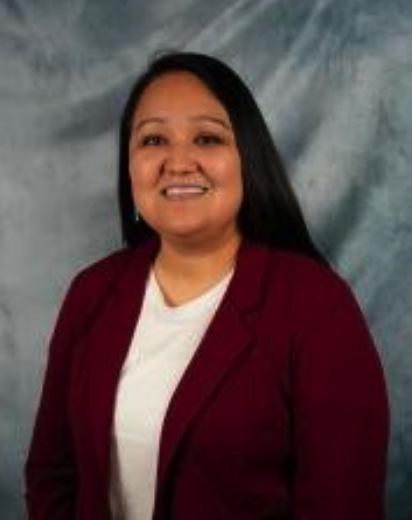

Melissa Peterson Navajo, is the Director of KU Hawk Link, Co-Executive Director of the MSP Scholars Program, and Impact Advisor for Academic Success. Dr. Peterson previously served as Director of Tribal Relations and Director of KU TRIO Supportive Educational Services & STEM while assisting the Haskell/KU Exchange Program. Prior to KU, Peterson served as head volleyball coach of the Haskell Indian Nations University and later assisted the Diabetes Education in Tribal Schools grant at Haskell. She holds a Master of Public Health degree from KU Medical Center and a Doctor of Education in Educational Leadership and Policy Studies - Higher Education Administration from KU. For her efforts in making significant contributions to Indian Country, Peterson was named to The National Center for American Indian Enterprise Development (The National Center) 2022 class of Native American 40 Under 40 award recipients. Most recently, Peterson has been named the Associate Executive Director for the Kansas Association of Native American Education (KANAE) and appointed to the Kansas Advisory Council for Indigenous Education (KACIE) by the Kansas Board of Regents.

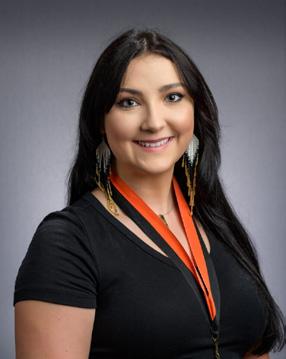
McKalee Steen, a citizen of the Cherokee Nation in Oklahoma, is a PhD candidate in the Environmental Science, Policy, and Management (ESPM) department at UC Berkeley. Her current research projects include studying land use and the ecological impacts of Indigenous land management practices in cases of land return to Indigenous communities and documenting the Landback movement. Her work sits at the intersection of spatial data science, Indigenous environmental studies, and land use science. In her free time, McKalee enjoys spending time with family, getting outdoors, and working on various creative projects.
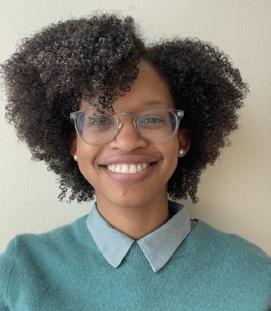
Shanasia Sylman is a 3rd year PhD student in City and Regional Planning at Cornell University (Gayogohó:nǫɁ (Cayuga Nation)) and a NOAA Margaret A. Davidson Graduate Fellow. Through this fellowship, Shanasia has relocated to San Diego, CA (Kumeyaay) to work with the Tijuana River National Estuarine Research Reserve and support its research needs related to cultural ecosystem services. Her dissertation research focuses on the topic of land justice and, more specifically, the tracking of land returns involving state and locally owned public conservation land (i.e. public parks).
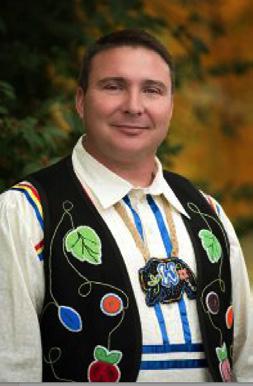
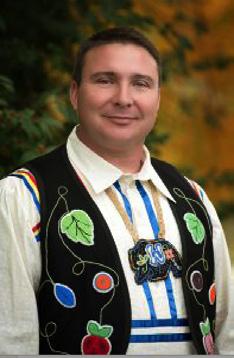
Raphael Wahwassuck, Member, Tribal Council, Prairie Band Potawatomi Nation. Councilman Wahwassuck grew up living between Topeka and the Potawatomi reservation for most of his life. He has a degree in Organizational Management and Leadership. In his professional life, Wahwasuck worked in the tribal judicial system for a number of years; he also worked on federal grants for different tribes throughout the country. Currently he serves on the Tribal Council for the Prairie Band Potawatomi Nation.
